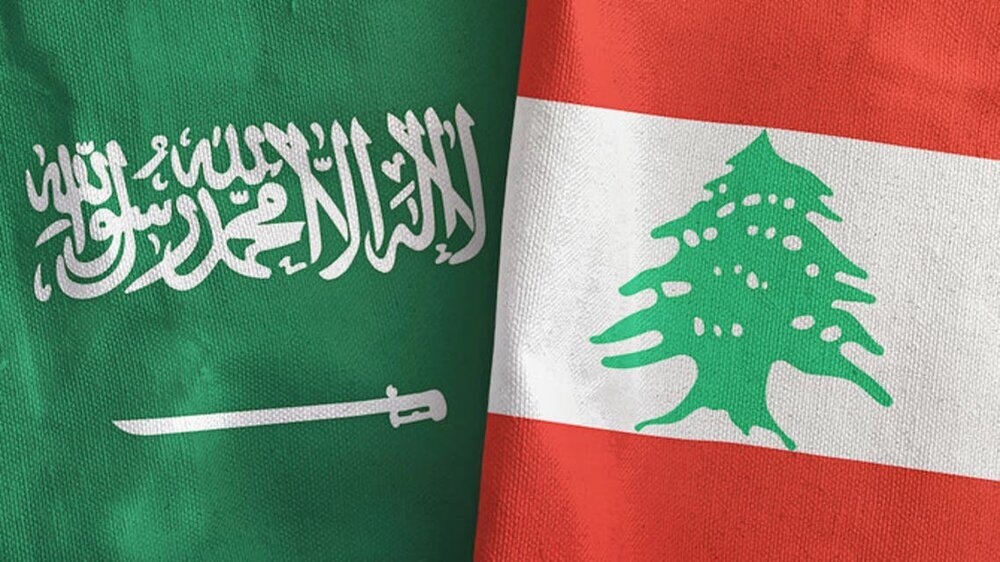Saudi, Kuwaiti envoys return to Lebanon as country braces for elections

TEHRAN – Ambassadors of Saudi Arabia and Kuwait went back to Lebanon in what appeared to be a diplomatic turnaround that comes as the crisis-stricken country is gearing up for consequential elections.
The foreign ministries of Saudi Arabia and Kuwait issues separate statements on Thursday announcing their ambassadors’ return to Lebanon after months of diplomatic boycott resulting from remarks by a Lebanese minister who criticized the Saudi-led coalition’s war in Yemen.
“In response to the calls and appeals of moderate national political forces in Lebanon, and affirming the Lebanese Prime Minister’s commitment to take the necessary and required measures to enhance with the Kingdom and the [Persian] Gulf Cooperation Council countries and stop all political, military and security activities affecting the Kingdom and the [Persian] Gulf Cooperation Council countries, the Ministry of Foreign Affairs of the Kingdom of Saudi Arabia announces the return of the Ambassador of” of Saudi Arabia to Lebanon, the Saudi Foreign Ministry said in a statement.
The ministry also stressed “the importance of the return of the Republic of Lebanon to its Arab depth.”
Kuwait’s Foreign Ministry, for its part, said the return of the Kuwaiti ambassador to Lebanon came “in response to the appeals launched by the moderate national political forces in Lebanon, and in response to the commitment made by the Prime Minister of the brotherly Republic of Lebanon to take the necessary and required measures to enhance cooperation with the State of Kuwait and the [Persian] Gulf Cooperation Council countries and to stop all political, military and security activities which affect the GCC countries.”
Saudi Arabia and Kuwait, along with some other Arab states, recalled their ambassadors to Lebanon and expelled the ambassadors of Lebanon in response to remarks by George Kordahi, former Lebanon’s information minister, last October. The cutoff of diplomatic relations came after a video statement from a popular television anchor-turned-politician sparked a heated debate on social media platforms in the Arab world. The video featured George Kordahi inveighing against the Saudi-Emirati war in Yemen a few weeks before becoming Lebanon’s information minister.
Kordahi made controversial statements accusing Saudi Arabia and the UAE of attacking Yemen and said that the Ansarullah movement is defending their country. The remarks quickly went viral on social media given the fact that Kordahi had worked for Saudi and Emirati television networks for a long time.
Saudi Arabia demanded an official apology. The Lebanese government did its utmost to prevent the deterioration of the relations with the Persian Gulf countries. But Saudi Arabia and its allies paid no heed to the Lebanese government’s conciliatory efforts and proceeded with their punitive measures against Lebanon.
With Lebanon’s parliamentary elections slated for May, Saudi Arabia and its allies seem to be seeing an opportunity to undermine Hezbollah, which is bent to throw its weight behind candidates affiliated with the resistance movement in Lebanon.
Seyed Hassan Nasrallah, the Secretary-General of the Lebanese Hezbollah, has recently described the upcoming elections as a “battle”.
“Our battle in the next election is the battle of our allies, and just as we strive for the victory of our candidates, we will strive for the success of our allied candidates,” he said.
Saudi Arabia has long been complaining about the influence of Hezbollah. It put pressure almost on all Lebanese prime ministers to undercut the group. But its pressures ended in failure as Hezbollah still wields influence due to its strong bonds with other factions and its own constituencies.
